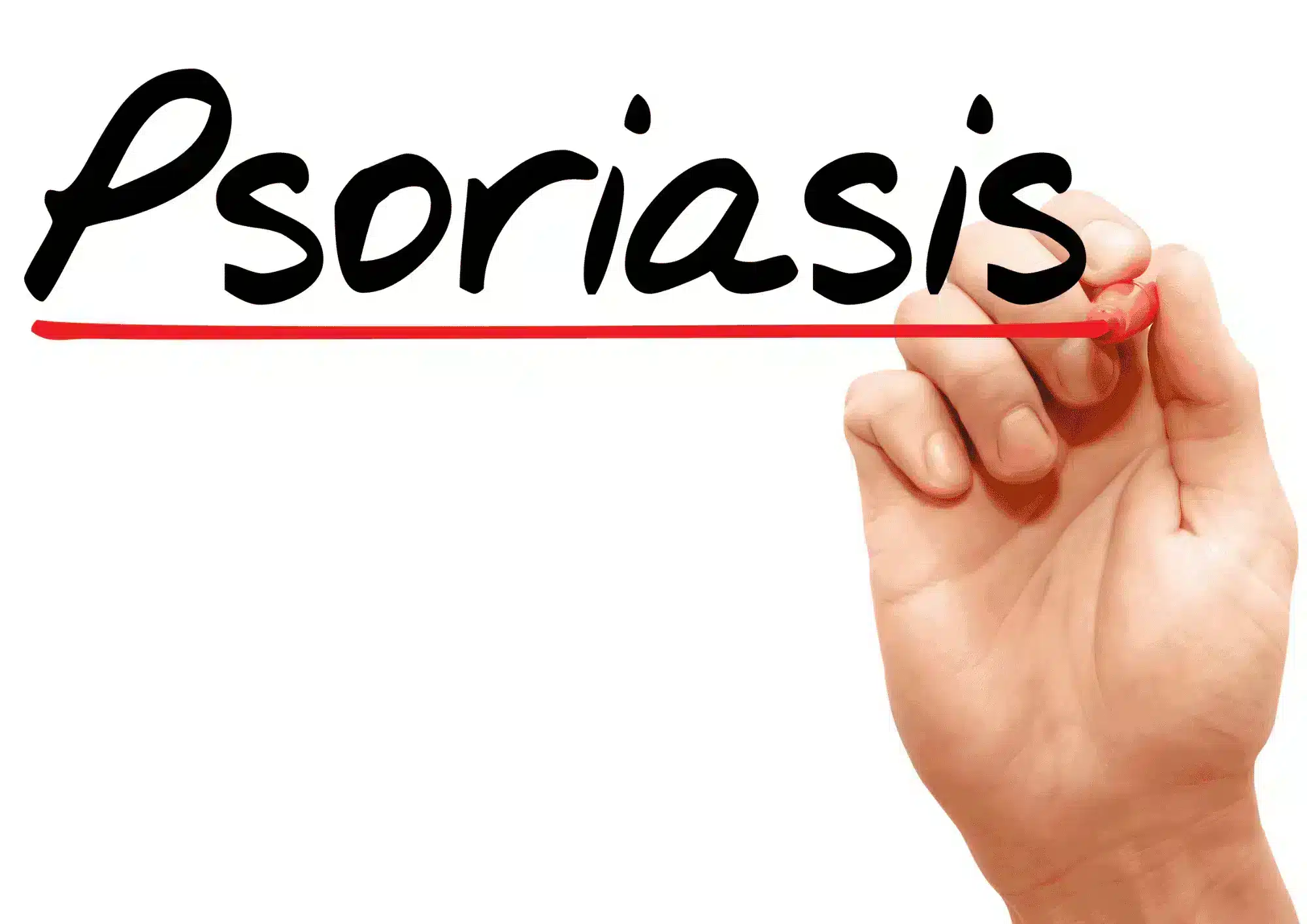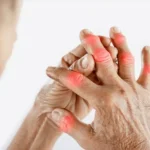Injectable aesthetics reviews. Scientists Discover Psoriasis Mutations, a Door to New Treatments

Psoriasis is all too common, with an estimated 7.5 million Americans suffering from this skin condition, resulting in over three million office visits each year and an estimated cost of three billion dollars. This disease causes more than itchy, painful skin as embarrassing red patches form across the body, taking an emotional toll on the patient. The symptoms can come and go, so just as the patient thinks they can enjoy clear skin, another breakout appears. Those with psoriasis are prone to developing other bacterial or viral skin conditions, and may have asthma, psoriatic arthritis, or other diseases, and may be more likely to have type 2 diabetes, cardiovascular disease, and more. There is no cure for psoriasis, and treatments are not ideal, often either treating the symptoms with moisturizers or cortisone creams, or using drugs to suppress the immune system, risking long-term effects.As common as psoriasis is, researchers still know relatively little about this chronic dermatological condition. The disease seems to be caused by a combination of genetic and environmental factors, since not everyone who carries the gene develops the disease. Now new research from the National Institute of Allergy and Infectious Disease (NIAID) has uncovered the genetic basis of psoriasis, identifying mutations involved with the disease.
The researchers looked at genetic information from eight people in four families with mutations in the CARD11 gene. This gene carries instructions for making the CARD11 protein, and this protein in turn is essential for lymphocyte receptor signaling. These lymphocytes, white blood cells, include T cell which are involved in body’s immune response. In psoriasis, instead of the the normal 28 to 30 day keratinocyte cycle, the cells develop every 3 to 4 days. This allows the skin cells to build up, forming the thick, scaly patches on the skin that are characteristic of psoriasis. Since drugs that suppress the action of T cells seem to help psoriasis, researchers have long been sure there is a connection, but the evidence was indirect.
Using cell cultures and a series of experiments, the researchers studied the effects of the CARD11 mutations on the protein. They discovered that each of the four families actually had a different mutation, each affecting a different area of the protein. Despite this, the mutations all had a similar effect on the T cell signals. The mutations affected one of two cell-signaling pathways, blocking the ability of the protein to activate these signals.
One of the cell-signaling pathways is normally activated partially by an amino acid, glutamine. When the researchers boosted glutamine levels, the cell signaling partially recovered. This gives hope that glutamine supplements could one day be a treatment for psoriasis. To test this, the researchers plan to give glutamine and leucine, a similar amino acid, to people with psoriasis, whether they have or do not have the genetic mutations analyzed in this study. This will help the researchers determine if glutamine plays a role in all psoriasis cases, and if it is a viable treatment for those with the dermatological disease.
This research not only has helped shed light on the causes of psoriasis, it has also opened the door to a potential treatment. With the potential side effects of immune system suppressant drugs, and the band-aid solution offered by topical creams, glutamine supplements could be the psoriasis treatment doctors and patients have been waiting for. More research can help determine if this will become a viable psoriasis treatment.
There are various types of psoriasis, with plaque psoriasis being the most common. In these cases, dry, red lesions covered in silvery scales form on various areas of the body. Other types of psoriasis include inverse psoriasis, triggered by friction and sweating in areas such as the groin, armpits, and under the breasts; guttate psoriasis, usually affecting children and teens, with thinner lesions that may go away or repeat; nail psoriasis, discoloring and damaging the fingernails and toenails; pustular psoriais, which is uncommon, involving blisters filled with pus; and erythrodermic psoriasis, also uncommon, which can cover the entire body with a burning rash. There is also psoriatic arthritis, which can affect the skin along with the joints, with swelling and pain typical of arthritis.
Although psoriasis has a genetic basis, environmental effects seem to trigger the disease. These can include skin injury, infections, stress, certain drugs, vitamin D deficiency, and smoking and heavy drinking. Psoriasis runs in families, but may skip a generation, although researchers are still unsure why the disease develops in some but not others.
Those with psoriasis also face an increased risk of a host of other diseases. These include high blood pressure, cardiovascular disease, type 2 diabetes, metabolic syndrome, Parkinson’s disease, eye disorders such as conjunctivitis and uveitis, kidney disease, and other autoimmune diseases such as inflammatory bowel disease and celiac disease. Psoriasis patients may also experience depression or low self-esteem as they withdraw from social activities, embarrassed about the way they look. Many people look at someone with psoriasis and think they have a contagious disease, even though it is not, making social interactions akward.
For someone with psoriasis, treatments include moisturizers to help relieve feelings of dryness, or coal tar to reduce inflammation. Other topical treatments include retinoids and calcineurin inhibitors, helping reduce inflammation, but retinoids can increase sun sensitivity and calcineurin inhibitors can increase the risk of certain cancers. Vitamin D and certain drugs can help slow cell growth but may irritate skin, and although topical corticosteroids can reduce inflammation and itching, these can cause skin to thin over time. Overall, these topical psoriasis treatments help reduce some of the symptoms without treating the underlying disease, and may cause serious side effects.
Various forms of light and laser treatments can help reduce mild to moderate psoriasis symptoms, but these therapies also run the risk of irritating skin. Brief, daily sunlight exposure can help, for example, but a sunburn can damage skin and worsen psoriasis symptoms.
Various drugs, including Methotrexate and Cyclosporine, can help psoriasis symptoms by suppressing the immune system and inflammation. However, long-term use of these drugs can take their toll on the body, including causing liver and kidney damage, reducing red and white blood cell production, increasing blood pressure, and opening the way for life-threatening infections.
Although more studies are needed, this latest psoriasis research can hopefully lead to a better psoriasis treatment option. A better psoriasis treatment could help millions of people lead healthier and happier lives.
Medica Depot helps dermatologists and other medical professionals find the supplies they need at affordable prices. To buy dermal fillers, skin creams, Ellanse, and other dermatology supplies at wholesale prices, visit MedicaDepot today.
Injectable aesthetics reviews can be found on various platforms, including specialized aesthetic treatment review websites, social media platforms, and healthcare provider directories. They provide valuable insights for individuals considering these treatments, offering firsthand perspectives and experiences that can help inform decisions about undergoing injectable aesthetic procedures. Here are some key points typically covered in injectable aesthetics reviews:
-
Treatment Effectiveness: Reviewers often discuss how effective the injectable treatment was in achieving their desired aesthetic goals, such as reducing wrinkles, enhancing facial contours, or improving skin texture.
-
Safety and Comfort: Reviews may address the safety of the procedure, including any discomfort experienced during or after the injection process, as well as any side effects or complications encountered.
-
Provider Experience: Reviewers may comment on their experience with the healthcare provider administering the injectable treatment, including their professionalism, expertise, and ability to address concerns or questions.
-
Results Duration: Discussions often include the longevity of the results achieved with the injectable aesthetics, such as how long the effects lasted before additional treatments were needed.
-
Overall Satisfaction: Reviewers typically summarize their overall satisfaction with the injectable aesthetics treatment, considering factors like the improvement in their appearance, confidence level, and value for money.





